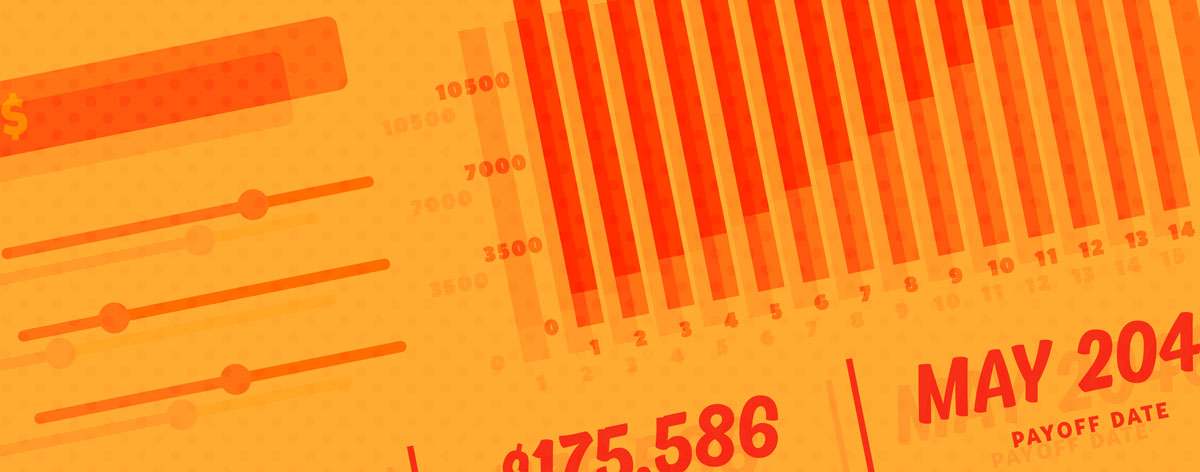

14 Ways to Cut Household Expenses
In this article:
Entertainment and Hobbies
This category can be the easiest to cut from (they aren’t necessities, you have a lot of control over what you spend, etc.) and one of the hardest (these are the fun things, why would you want to give them up?). Trimming your budget doesn’t have to mean giving up on all the fun, just looking for less expensive ways to have it.
Ideas for trimming:
- Trade a night out for a night in - Take full control of your budget and the dress code (bring on the sweats and fuzzy socks) while saving on entrance and parking fees. Movie and board game nights can be plenty of fun without a high price tag.
- Limit your subscriptions - Between streaming services, music platforms, and gym memberships, you’re paying a lot every month. Figure out if you’re actually using each of them enough to make the cost worth it.
- Find cheaper ways to do your hobby - You rarely need to attend the fanciest gym or buy the newest equipment in order to enjoy your hobby. More affordable alternatives, such as an at-home video workout or a craft project that recycles material you already have, allow you to enjoy your hobby while saving money.
- Finish what you have before buying more - Do you buy new paint every time you’re at the store? Or maybe you add to your stack of to-be-read books faster than you can keep up. Give your budget a break by working through what you have first.
- Vacation smart - A few simple swaps can give you a needed break without breaking the bank. Consider road tripping instead of flying, camping instead of staying at a hotel, and traveling during the off-season instead of when it’s most expensive.
- Buy used rather than new - Consider checking out local thrift stores or garage sales when you’re on the hunt for new clothes or furniture. Not only is it good for the environment, but it’s also good for your wallet!
Debt
When it comes to debt, rather than trimming what you pay per month, it may be wise to pay a little more. This way you can pay your debt off quicker, avoid interest, and devote the money you were paying somewhere else. This Coach can help you make a plan for the most effective way to pay off your debt.
Food
Food is essential, but that doesn’t mean that you can’t make more cost-friendly choices. Get all the satisfaction of a full stomach without the sadness of an empty wallet. You can read more about reducing your food bill here.
Ideas for trimming:
- Cut down on eating out - We all know going to a restaurant is pricier than making it yourself. The trick is in setting limits. Try putting a cap on how often you eat out in a month or limiting yourself to restaurants in a certain price range.
- Take advantage of leftovers - When you’re cooking a big meal, make a little extra that you can eat later. Leftovers make easy lunches that save you money and time.
- Focus on essentials - Fill your cart with things you know you’ll eat and that are versatile enough to be used before they go bad.
- Meal plan or prep - You’ll be less likely to stop by the drive-thru or order delivery if you already have a plan for what you’re going to eat or a meal that’s basically ready to go.
Bills
Nobody likes paying bills. But you can ease that monthly pain by finding simple ways to lower the cost.
Ideas for trimming:
- Negotiate to lower your premium - If you haven’t had any recent accidents or used many of their services, your insurance provider may be willing to lower your monthly premium.
- Change providers - Sometimes taking the time to shop around can be well worth it. If you feel you’re being charged too much by your insurance provider, cable company, or phone service, you may be able to get a better deal somewhere new.
- Use less - Be conscientious of your usage and unplug or turn things off when you’re not using them, combine loads of laundry, or take shorter showers. The biggest savings often come from keeping your house colder in the winter and warmer in the summer.
- Move out or get a roommate - This would, obviously, be a big change. But big actions mean big savings. Rent and mortgage payments often take a huge chunk of your budget, so making it more affordable is worth the effort.
Overall, looking for opportunities to trim your spending is important in keeping a healthy budget. And when you’re feeling squeezed for cash, small changes can make a big difference.
Neither Banzai nor its sponsoring partners make any warranties or representations as to the accuracy, applicability, completeness, or suitability for any particular purpose of the information contained herein. Banzai and its sponsoring partners expressly disclaim any liability arising from the use or misuse of these materials and, by visiting this site, you agree to release Banzai and its sponsoring partners from any such liability. Do not rely upon the information provided in this content when making decisions regarding financial or legal matters without first consulting with a qualified, licensed professional.

